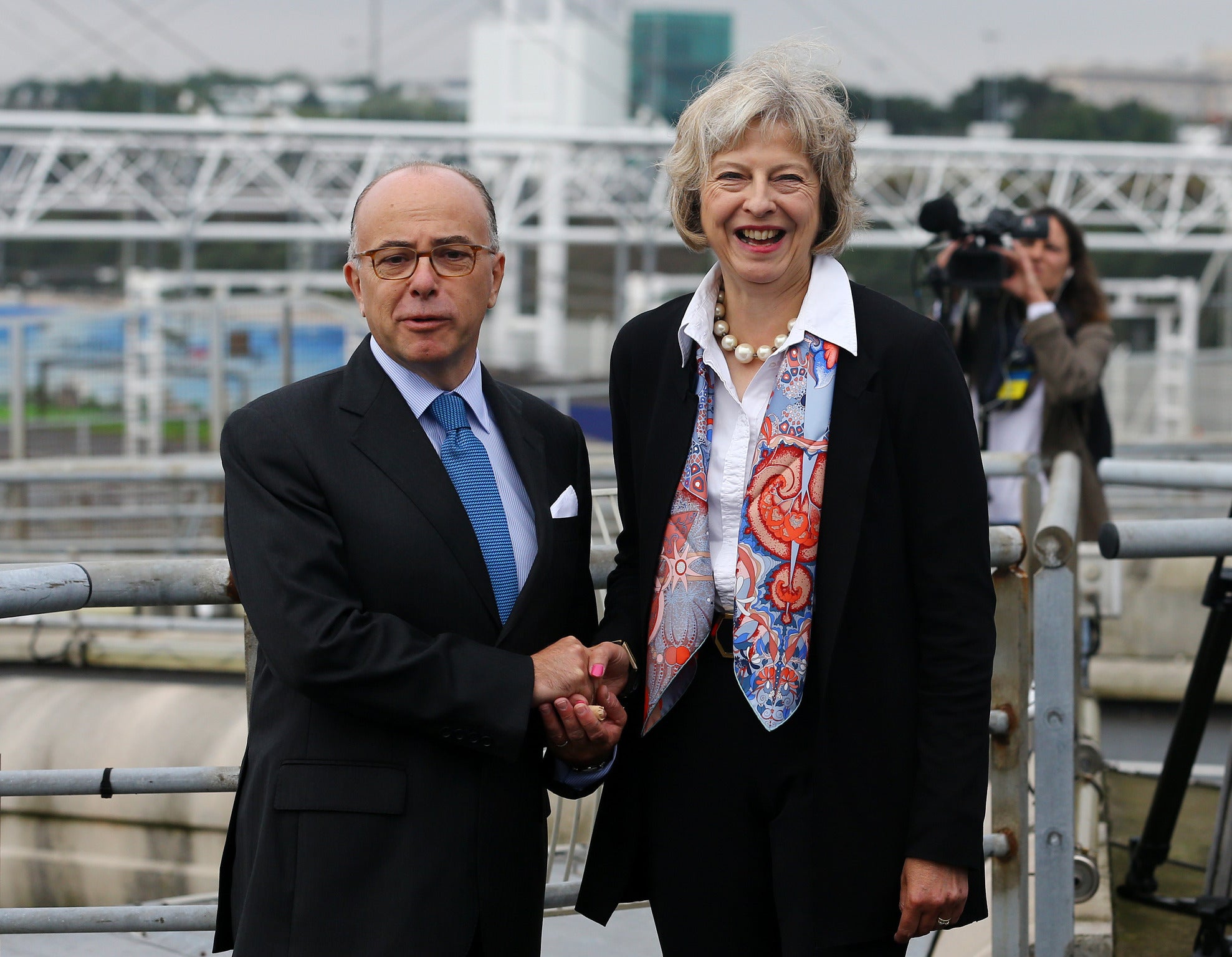Blame Isis, not refugees: An agreement to tackle chaos in Calais is welcome, but doesn’t go to the root cause of the migrant crisis

Your support helps us to tell the story
From reproductive rights to climate change to Big Tech, The Independent is on the ground when the story is developing. Whether it's investigating the financials of Elon Musk's pro-Trump PAC or producing our latest documentary, 'The A Word', which shines a light on the American women fighting for reproductive rights, we know how important it is to parse out the facts from the messaging.
At such a critical moment in US history, we need reporters on the ground. Your donation allows us to keep sending journalists to speak to both sides of the story.
The Independent is trusted by Americans across the entire political spectrum. And unlike many other quality news outlets, we choose not to lock Americans out of our reporting and analysis with paywalls. We believe quality journalism should be available to everyone, paid for by those who can afford it.
Your support makes all the difference.If nothing else, the Home Secretary, Theresa May, showed that the British talent for understatement is alive and well when she remarked that Calais has had a “difficult summer”. In signing an agreement with her French counterpart to take more co-ordinated and effective action to deal with some of the roots of the problem, she and the French government also displayed a refreshing willingness to work together rather than trade cross-Channel insults. They also showed a readiness to take seriously the smuggling gangs, throughout Europe and some from Britain, that have done so much to create human misery.
So the “command and control centre” and joint police action are welcome. It would be churlish to complain that these arrangements should have been put in place many months – if not years – ago. Improving the capacity of the authorities to deal with people who are putting themselves and others in danger by getting into lorries or trying to walk through the Channel Tunnel is an unalloyed good. Even if a generous view is taken of the case for allowing more of these migrants into Britain – not least because the proportion accepted here is small compared with those being offered help by other European partners, notably Germany – there is a right way to do it, via an orderly process of assessment, and a disorderly way to do it, as at Calais.
It is no way to treat human beings, and the constant stream of images of the chaos at Calais undermines confidence in the case for managed migration – and, indeed, the credibility of the European Union. To put things at their most mercenary, a referendum on the UK remaining in the EU is more likely to be won if the British people have confidence that governments in Italy, Greece and France and elsewhere are co‑operating properly. Slovakia’s recent refusal to accept migrants who are Muslim, but to permit Christians and atheists to enter, sends out a gruesome message.
So, the sooner the Anglo-French force “relentlessly pursues and disrupts the callous criminal gangs that facilitate and profit from the smuggling of vulnerable people, often with total disregard for their lives” the better. The suspicion, however, is that there are more powerful fundamental forces driving these movements of people.
Although dramatic, events at Calais are nothing new; immigrants have been moving from places of war and poverty to those of peace and prosperity for millennia. The likelihood is that, if Calais becomes a much harder place to get into the UK from, then other routes will be opened up. They may be other channel ports, or more sophisticated forgeries of documents, or more would-be migrants overstaying tourist visas, or more “ students” enrolling at bogus colleges and so on.
Of course, the really acute migrant crises are taking place elsewhere. Countries such as Lebanon and Jordan are, for example, dealing with the effects of the barbaric waves of violence sweeping across Syria and Iraq. There are one million Syrian refugees in Lebanon, a further 600,000 in Jordan, and they cannot cope. If we do not want more of these homeless people to end up, through desperation, in northern Europe then we need to make sure they are looked after as well as they can be in the camps in the region. We should also try to build an international coalition including Saudi Arabia, Iran, the US and Russia to end the Isis reign of terror. It is that duty and that moral task, not Channel security, which has been most badly neglected.
Join our commenting forum
Join thought-provoking conversations, follow other Independent readers and see their replies
Comments